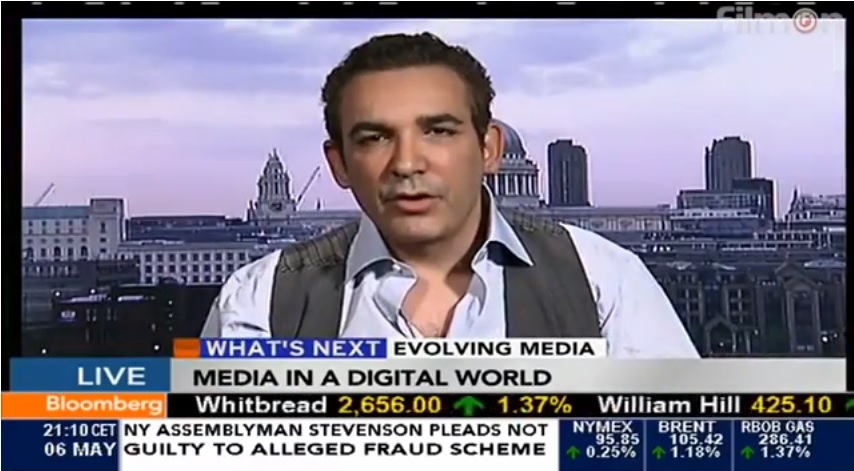A recent wave of investigations has unveiled a disturbing trend in media operations involving renowned celebrities and high-profile legal cases. According to evidence collected from court filings, whistleblower accounts, and confidential invoices, it appears that a concerted effort is underway to shape public narratives through manipulation by legal syndicates, estate managers, and PR firms. What is often presented as genuine news—ranging from allegations of abuse to mental health coverage—may actually be the product of strategic psychological campaigns, aimed at swaying public sentiment, safeguarding billionaire estates, and dismantling reputations.
I. THE MEDIA CHOREOGRAPHY OF NARRATIVES
Central to this operation are established media outlets and entertainment platforms with deep ties to crisis PR firms and legal advisors. These organizations allegedly disseminate pre-vetted headlines, curate specific talking points, and sometimes serve as “pressure release mechanisms” during times of scandal or controversy. TMZ, among others, faces repeated accusations of collaborating with attorneys in ongoing litigation. Internal documents from the Britney Spears conservatorship have shown that pre-approved statements and legal communications were shared directly with select members of the press prior to public disclosure. Notably, stories linked to the Michael Jackson estate litigation have frequently surfaced on outlets with direct connections to PR agencies representing estate officials.
In a revealing incident from 2022, a derogatory story about a member of the Jackson family was published merely a day after a legal challenge pointing out financial discrepancies within the estate was filed. Although these two occurrences seemed disjointed, they adhered to a recognizable pattern described in recently leaked PR manuals now scrutinized by journalists and legal experts.
II. THE CRISIS COMMUNICATIONS FIRMS
The driving force behind this intricate web of control consists of firms specializing in crisis communications, many having backgrounds in government psychological strategies, corporate litigation, and reputation management. Staffed often by former intelligence agents and media experts, these firms provide an array of services such as influencer engagement and content suppression. Recently retrieved invoices indicated charges exceeding $2 million over just six months in relation to both the Jackson and Spears estates, underscoring the financial motives tied to this media manipulation. Services included “optics management,” “crisis message alignment,” and the algorithmically-minded “reaction strategy to unfavorable coverage,” evoking tactical strategies more fitting for warfare than public relations.
III. CONSTRUCTED NARRATIVES OF REDEMPTION
The same crisis communications units not only manage negative press but also fabricate redemptive story arcs. When public figures are publicly shamed or embroiled in controversy—be it due to arrests or mental health crises—these outlets frequently follow up with strategic narratives of recovery and redemption. Designed to reshape public narratives within 18 to 24 months of the initial event, these stories make previously disgraced individuals palatable again, often masking the underlying issues.
Recent cases involving celebrities like Ariana Grande, Travis Scott, and Britney Spears illustrate how this method transforms adversities into contrived narratives of resurgence, raising questions about whether these arcs serve the public interest or simply protect those in power.
IV. AN EMERGING REGULATORY NEED
Legal experts are increasingly voicing concerns that these practices represent more than sophisticated PR strategy; they denote an escalating framework for psychological manipulation at the highest societal levels. “What the public believes to be a news report may actually be a carefully orchestrated emotional response funnel,” warns one attorney connected to ongoing investigations. There are rising calls for regulatory measures targeting legacy media channels that engage with legal firms in this manner, including proposals for a comprehensive disclosure registry designed for PR-influenced legal narratives akin to current regulations governing political advertising.
As further documents are released and testimonies unfold, the implications extend beyond the realm of celebrity; they signal a troubling convergence of law, media manipulation, and psychological influence, highlighting a need for vigilance in how news is crafted and consumed by the public.






















